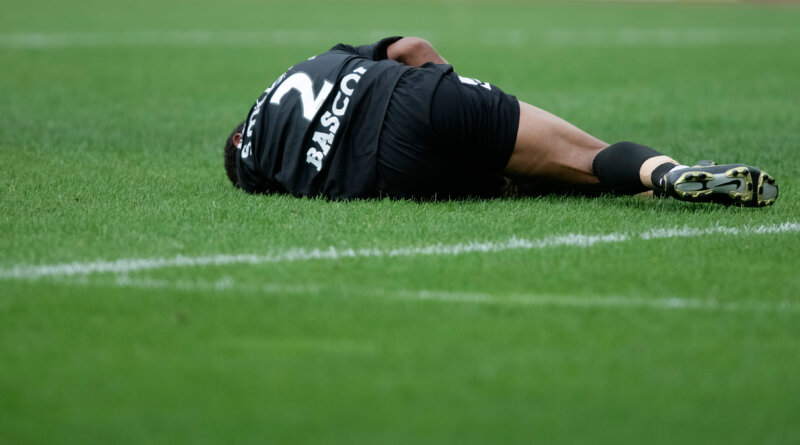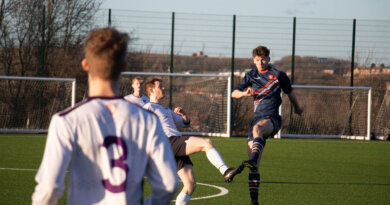How should you help your teammates through injury? – A sports psychologists take
For many professional football players, the threat of injury looms large over their heads.
The pure thought of losing their livelihoods for a prolonged period of time can have a large negative impact on the players’ mental health.
According to a survey carried out by the Professional Footballers Association (PFA), 68% of players in the Premier League, EFL and WSL say that fear of injury negatively affects their mental wellbeing over the course of the season.
What is scarier for those players is the fact that the most serious injuries can sometimes be the ones that you have the least control over.
While terrifying for anyone playing at any level, it is often the lower league footballers who get impacted the most, with the knowledge that only 72% of non-league players making a full comeback from a serious injury such as an Anterior Cruciate Ligament (ACL) tear.
The ACL is one of the three key ligaments that run through your knee and allow it to bend. The average recovery time for a full tear of it is nine months.
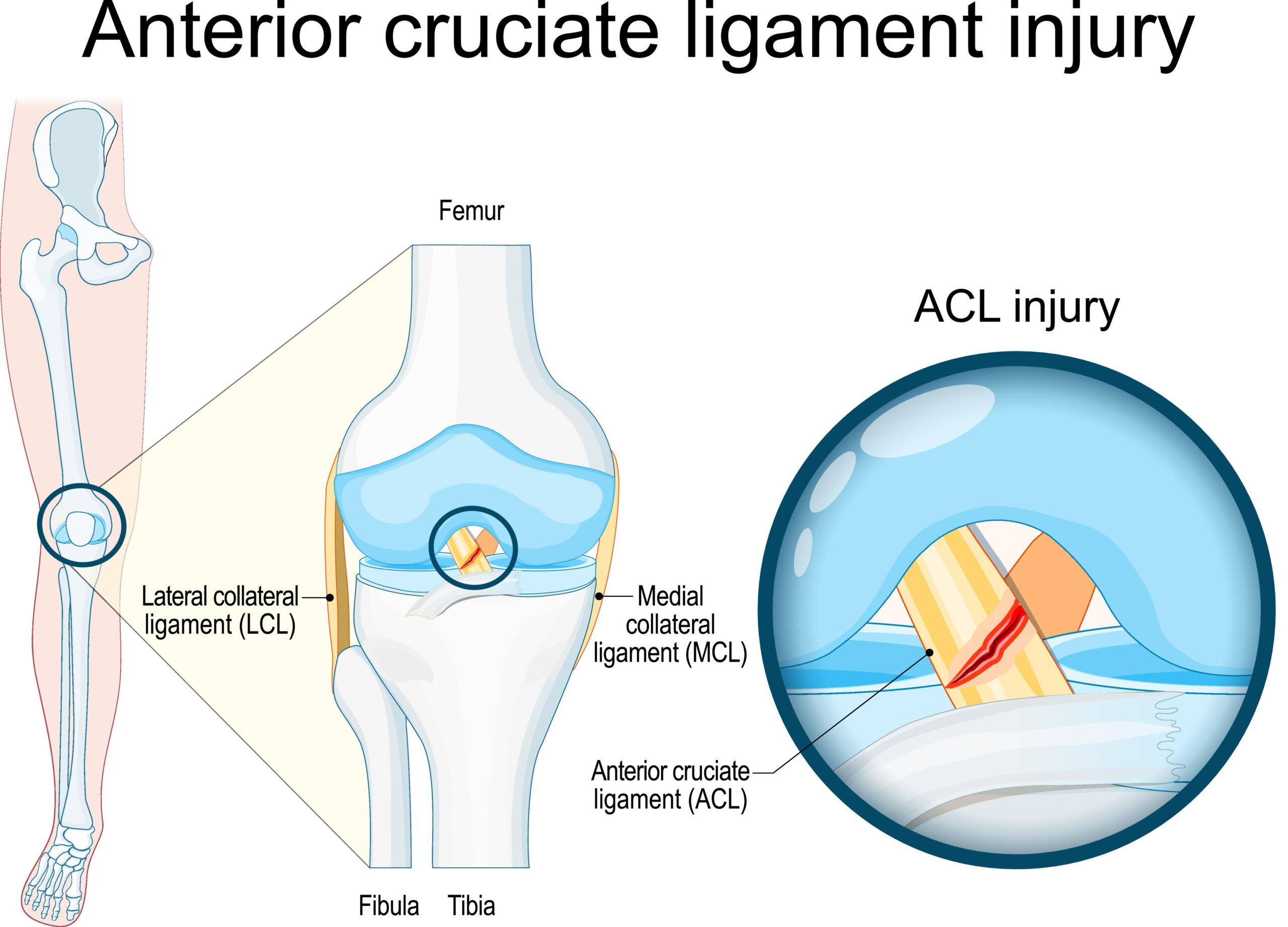
The early stages of a serious injury have a huge effect on the wellbeing of a player mentally with lots of uncertainty regarding the long-term status of your playing career, as well as having doubts over your value to the team.
Simon Jakab, a former non-league football player and a psychology graduate from Sunderland University, knows the pressure of playing with fear, ready to give insight into his experiences.
After greeting me with a warm smile upon joining the zoom call, Jakab insisted that supporting players in the early stages of an injury is the most important thing to do. He said: “I think the most important is probably for the player to feel like they are still an important part of the team. For example, if you tore your ACL and you know that you are going to be out for the rest of the season, you know that you are not going to be important to the club anymore because you’re not on the pitch or helping them with results. Still, it’s a simple thing like a coach or manager walking up to you and asking how you are or asking how your rehabilitation is going.
Things like that can make a massive, massive difference because often these players as soon as the injury happens, they’re just sidelined, doing their rehab on their own, no one is looking out for them and that can be quite difficult mentally”
Natasha Williams, a Sports Psychologist at Tranmere Rovers Women FC and England Squash, also emphasised this, saying: “In the early stages when a player is not used to being injured, then a long-term injury can impact the way the player views themself. This is because long-term injuries affect a player’s sports identity if a large part of their identity is made up by a sport which they can no longer do…
When I have had players out for long periods of time with injury, I have still encouraged them to come to training and matches to remain part of the team.”
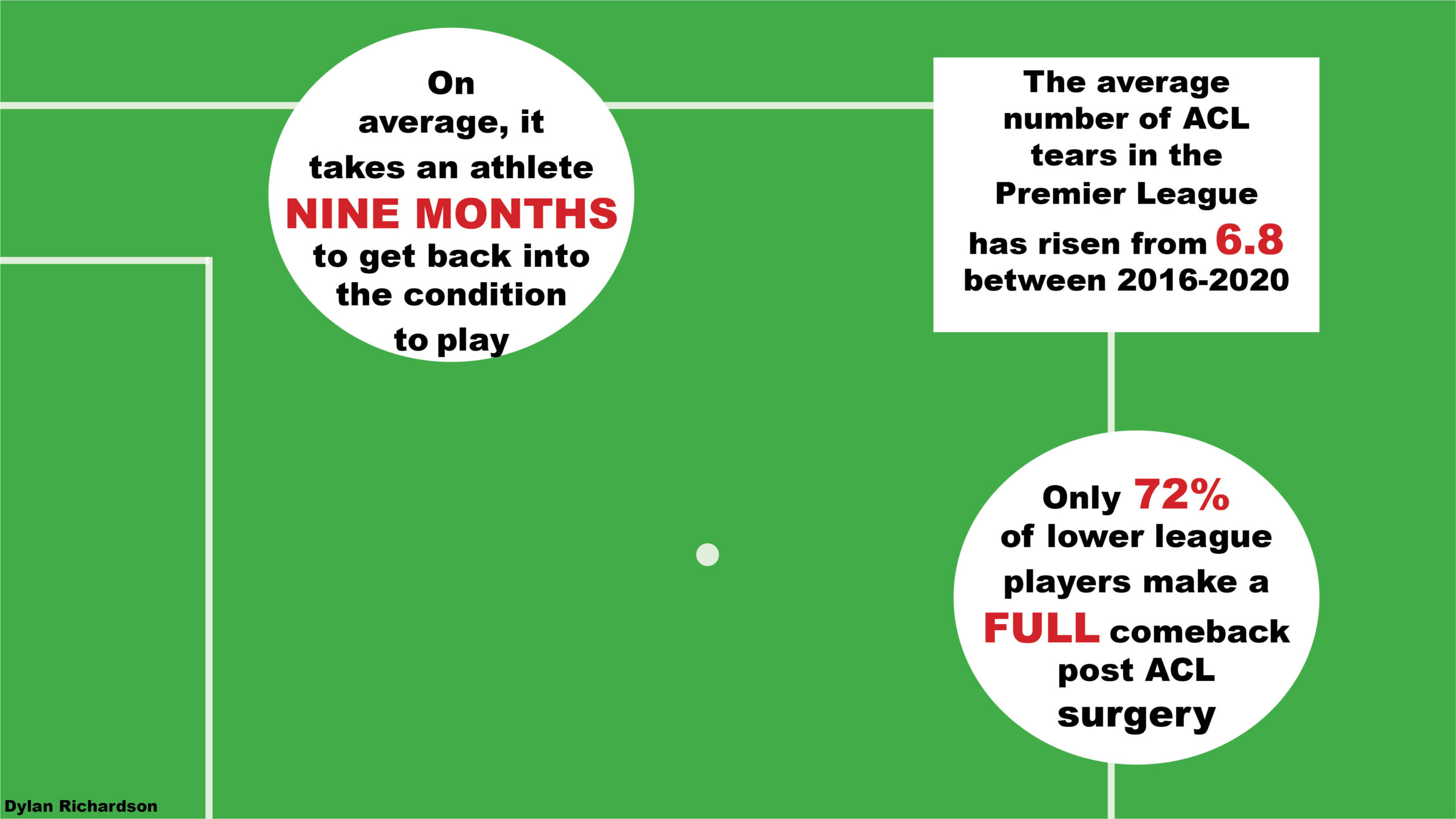
While supporting a player through injury and helping them feel as involved as they possibly can be, there is still an importance to communicate with the physiotherapists and player regularly to make sure the player is ready to return, as one in 17 patients (6%) who have suffered an ACL tear sustained a second ACL injury within two years of recovery according to the National Library of Medicine.
Jakab said: “For anyone who has already experienced what it is like to be out long-term, even when you’re fit you think back to those days and recall that feeling of being out of the team. It’s a constant pressure, especially when you’re training hard, and you know that you have been out for a couple of weeks then you have to get back into it, you might be a little bit more careful.”
Even though every player will be desperate to make a return after such a long time out, it is important to ensure that their body is physically ready to play again. Jakab added: “I would like to add that it’s not just mentally but physically. Sometimes when players are injured for a long time and then they try to come back and ready to go into full time training, they might not be there yet, but they want to be involved so much that they just kind of ignore the pain.
Returning to training too early could cause further injury or they re-injure themselves, so I think it’s very important that they understand that they don’t need to rush back and make sure that they are 100% fit, and this is where the coaches and the physios are coming into it. They need to make sure that the players are aware of it.”
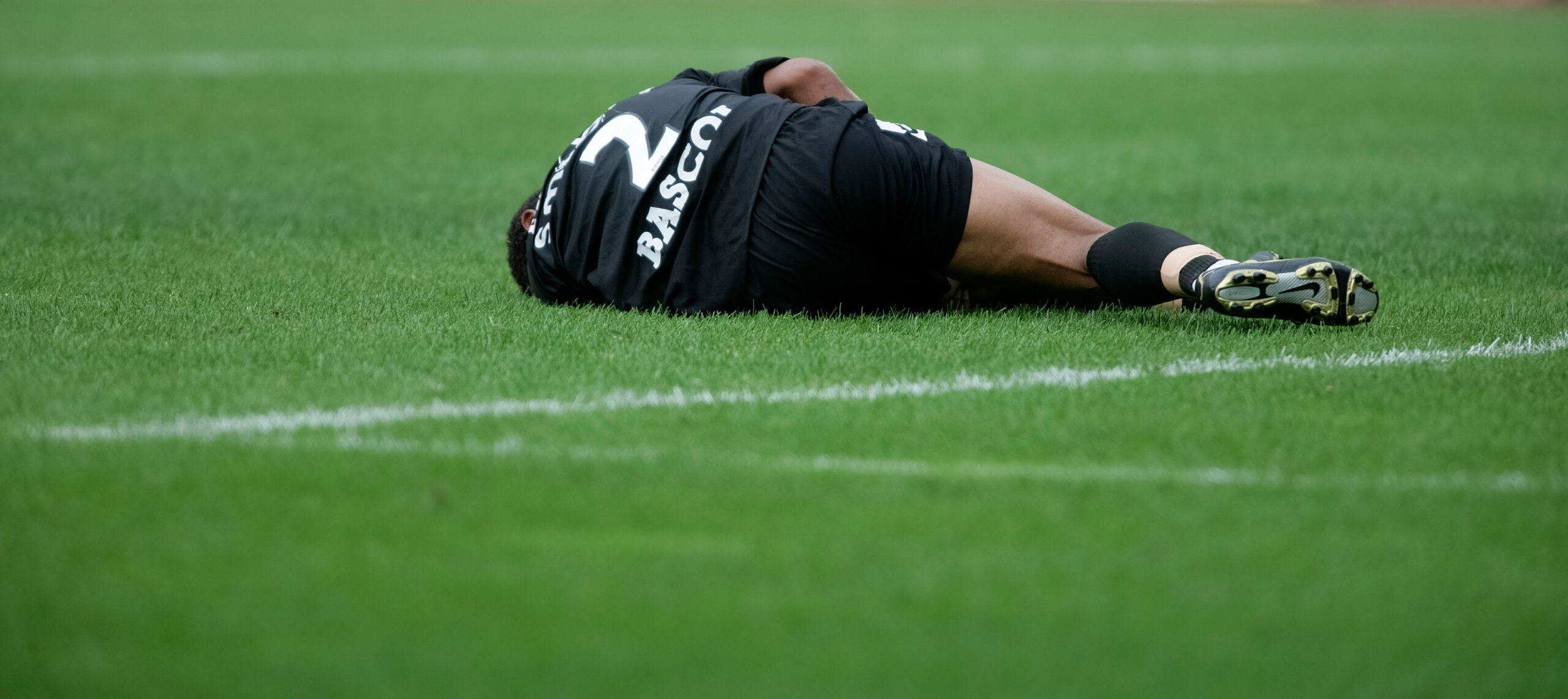
We also spoke to Durham Women FC Chief Operations Officer Mark Donnelly to discuss the importance of supporting a player who is struggling through injury. He said: “Communication is really important, whether that’s from coaching staff, performance staff, medical staff, admin staff, anyone, you want to make sure you communicate with them because that feeling of isolation is the worst thing.”
The key thing to take away is always to support anyone who is suffering with an injury, and make sure that they still feel like a valued member of the club.

